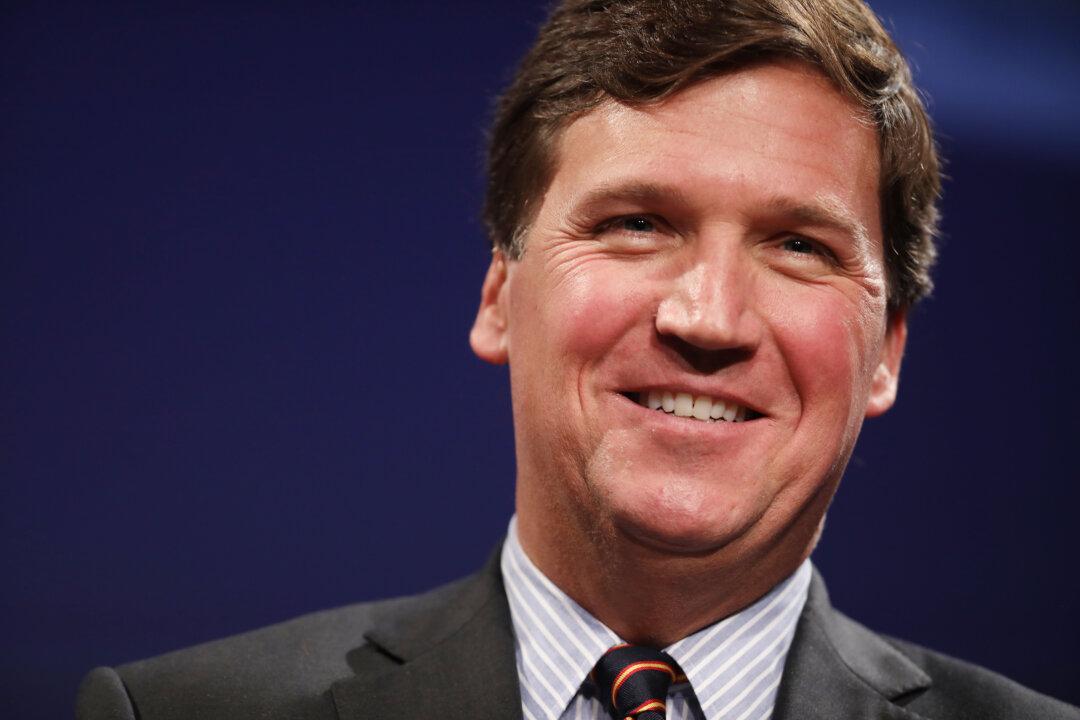Top Republican lawmakers are calling for the Biden administration to send military aid to Ukraine amid reports of Russian troops amassing at the border between the two countries, but not all conservatives are on board with being entangled in the conflict.
Recent news of Russian tank and ground troop movement along the Ukrainian border sparked widespread speculation over Russia’s intentions, as well as calls for the United States to intervene if Russian President Vladimir Putin were to invade.




